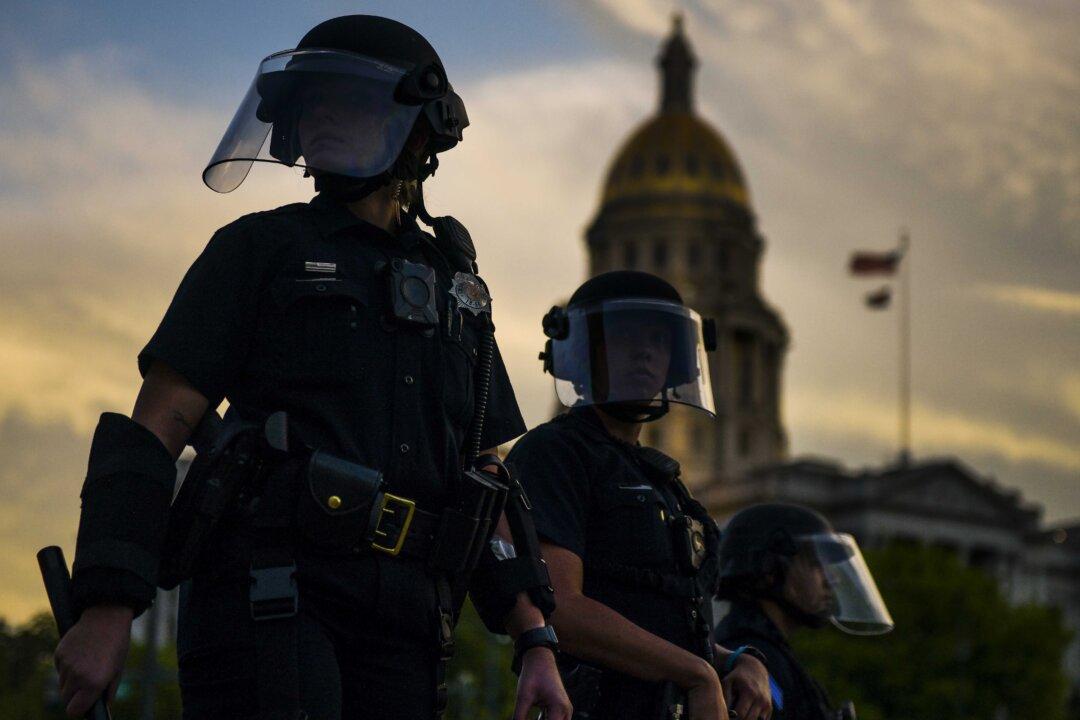Two years ago, the death of George Floyd ignited a nationwide call to defund the police. Under public pressure, many cities cut police budgets.
Now, as crime rises and concerns about safety grow in an election year, city and state lawmakers are tapping federal pandemic relief funds to retain and hire more police officers.





